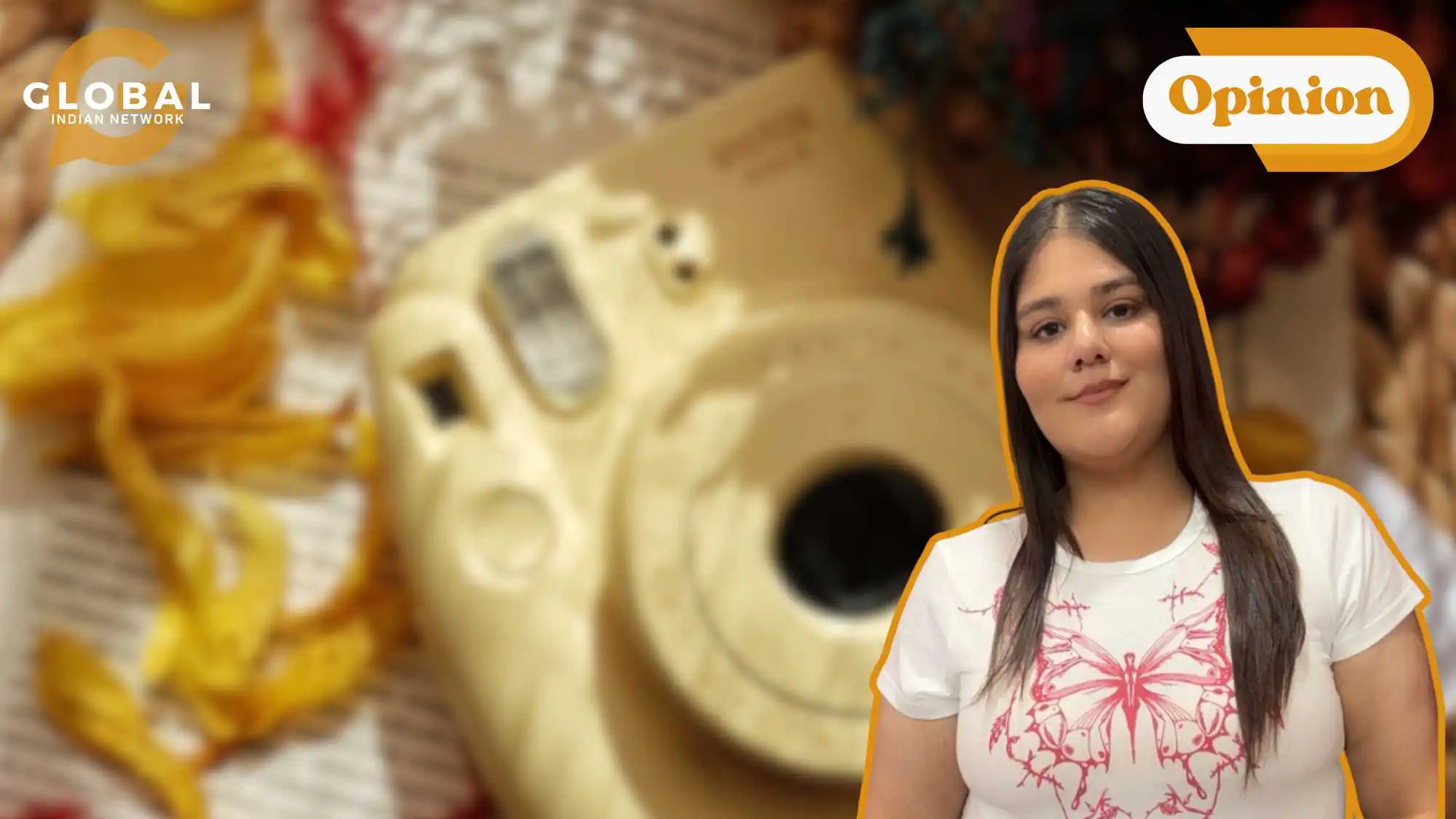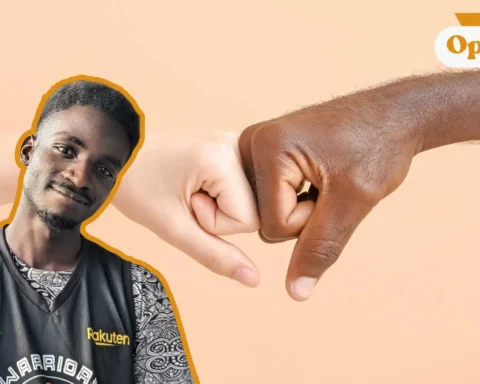Everything in our lives, including our food, clothing, notes, bedrooms, and even our thoughts, must appear flawless. We are continuously exposed to what is now referred to as aesthetic culture, which includes meticulously edited vlogs and perfectly aligned Instagram feeds. At first glance, this may appear innocuous, even lovely. A closer look, however, reveals that this obsession is causing a silent battle known as aesthetic pressure. Furthermore, it is causing many of us to lose sight of how chaotic, commonplace, and flawed real life is.
Aesthetic culture began as a celebration of beauty and inventiveness. People took pleasure in dressing up, setting up their rooms, and showcasing various facets of their lives in an attractive manner. But over time, this inclination became an unspoken rule: if something isn’t lovely, it’s not worth showing. As a result, aesthetic pressure has permeated our daily lives, especially for young people who feel that they must live or appear in a specific way to gain acceptance or likes on the internet.
Consider social media as an example. Each time you scroll, you see someone studying with pastel-colored highlighters and flawless handwriting, someone’s breakfast arranged like a magazine photo, or someone’s room decorated like a Pinterest board. It is difficult to avoid comparison. Your own life may be full of joyful moments, but if they are not aesthetically pleasing, they may not feel “shareable.” The notion that everything in your life must look good, not just feel good, is known as aesthetic pressure.

This pressure has an impact on our lives as well as what we post. Many people, particularly students, feel that their daily routine should be made more “aesthetic” rather than purposeful. We begin to concentrate on the appearance of our notes rather than the actual learning process. We question if it’s Instagram-worthy rather than savoring a straightforward meal. We light candles and take “self-care” pictures rather than sleeping. We frequently lose the experience we’re attempting to capture when we chase beauty.
Additionally, aesthetic pressure produces a fictitious notion of what life ought to look like. Life is messy in real life. Bad hair days, nervousness, late submissions, and sporadic meals eaten right out of the pan are all part of it. However, none of this fits within the online aesthetic boxes. Because we’re leading genuine, flawed lives, we start to feel like we’re lagging behind. This may have an effect on relationships, confidence, and mental health.
Even worse, aesthetic culture has the power to humiliate us for things that are perfectly natural. It feels like you’re not living life “right” if your room isn’t clean and minimalist, your clothes aren’t coordinated in color, and your skin isn’t glowing in natural light. Once more, there is aesthetic pressure, persuading you that beauty is more significant than honesty, comfort, or productivity.
The fact is, however, that meaningfulness in real life does not require beauty. A filtered photo is worth less than a day of laughing with friends. More important than a set-up study table is a disorganized desk where actual work is completed. A well-crafted Instagram caption is not as honest as a late-night tirade in your journal. When we become obsessed with the camera, we begin to perform. However, we begin to grow, heal, and connect when we live for ourselves.
It’s acceptable to appreciate beauty, of course. Making aesthetic decisions can be enjoyable, individualized, and expressive. However, when it turns into a rule rather than an option, the issue arises. The ability to simply live is taken away when aesthetic pressure starts to determine what is “worthy.” We ought to be able to take a vacation without recording it. It should be acceptable for us to cry in an ugly T-shirt, have dull days, and wear clothes that wrinkle. That’s life, and it’s worthy of respect.
So, how can we defend ourselves? We can start by sharing instances that aren’t edited. By reminding us that a memory can exist without a picture. By being open about aesthetic pressure and our feelings about it. By letting our friends know that it’s acceptable to simply be ourselves and not try to impress anyone. Ultimately, we need to keep in mind that our lives are not works of art. They are brimming with development, confusion, mayhem, and delight. Even the less “pretty” portions are important. Let’s quit condensing our stories to fit the mold of another person. Let’s put integrity ahead of aesthetic demands.

Let us know your thoughts. If you have burning thoughts or opinions to express, please feel free to reach out to us at larra@globalindiannetwork.com.









